As we continue to celebrate International Women’s Rights Day at Europ Assistance, we are proud to share insights from EA Group CEO Antoine Parisi, who embodies the essence of inclusive leadership.
Guided by the powerful question, “Do I feel I belong here?” Antoine Parisi fosters an environment where every voice is valued and heard.
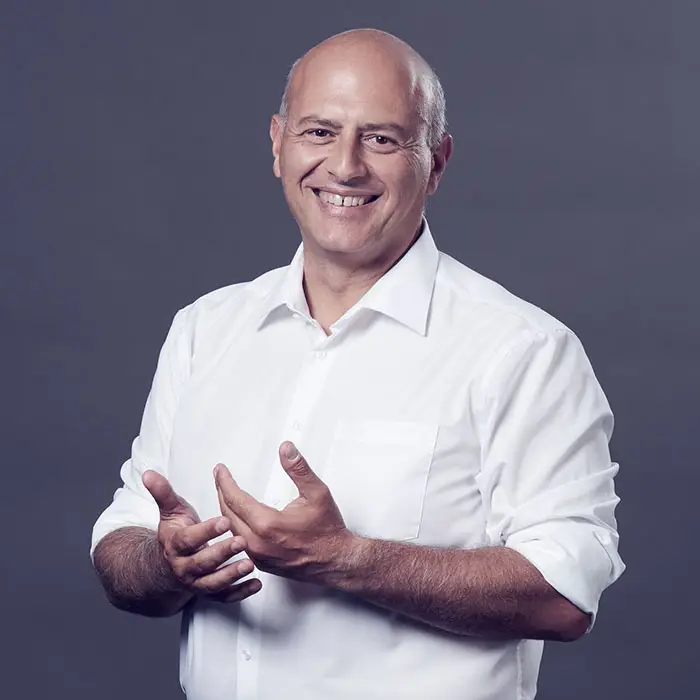
Antoine Parisi
CEO Europ Assistance Group
Do I feel I belong here ?” If someone regularly asks oneself the question and if the answer is positive, then she / he can say that they are included, have a seat at the table, that their contribution matters and is valued, that their opinions are regularly sought for and considered.
As leaders, we can maintain strong convictions and still cultivate inclusivity. As a CEO, I see it as my duty to make decisions, yet I actively seek others’ insights to enrich my thinking and secure my judgement. In our recent strategic review, I fostered inclusion by inviting the management team to shape the vision for our group. Each team member was asked to articulate their vision of our priorities for 2030, share thoughts on our company’s evolution, and submit a perspective paper. We then dedicated several meetings all together to reviewing and discussing each individual viewpoint. To ensure everyone’s voice was heard, each member presented their vision for five minutes, followed by questions and reactions from others. Establishing a process that ensures equal participation and “share of voice” fosters an inclusive work environment. Some individuals may be more vocal or dominant, inadvertently overshadowing others who are more introverted or less self-assured. It’s our responsibility as leaders to be mindful of these dynamics. Being an inclusive leader demands constant awareness and deliberate efforts to create inclusive processes.
As a CEO, I also make it a point to engage with a variety of people within my organization, embracing diversity in thought and experience. I steer away from abstract discussions, preferring to delve into the practical realities of their daily lives. Inclusion thrives when we connect with individuals on a personal level, striving to understand their perspectives. It requires us to shift from a self-centered outlook and step out of our comfort zones. Undoubtedly, diversity and inclusion broaden our horizons.
As leaders, we can maintain strong convictions and still cultivate inclusivity. As a CEO, I see it as my duty to make decisions, yet I actively seek others’ insights to enrich my thinking and secure my judgement. In our recent strategic review, I fostered inclusion by inviting the management team to shape the vision for our group. Each team member was asked to articulate their vision of our priorities for 2030, share thoughts on our company’s evolution, and submit a perspective paper. We then dedicated several meetings all together to reviewing and discussing each individual viewpoint. To ensure everyone’s voice was heard, each member presented their vision for five minutes, followed by questions and reactions from others. Establishing a process that ensures equal participation and “share of voice” fosters an inclusive work environment. Some individuals may be more vocal or dominant, inadvertently overshadowing others who are more introverted or less self-assured. It’s our responsibility as leaders to be mindful of these dynamics. Being an inclusive leader demands constant awareness and deliberate efforts to create inclusive processes.
As a CEO, I also make it a point to engage with a variety of people within my organization, embracing diversity in thought and experience. I steer away from abstract discussions, preferring to delve into the practical realities of their daily lives. Inclusion thrives when we connect with individuals on a personal level, striving to understand their perspectives. It requires us to shift from a self-centered outlook and step out of our comfort zones. Undoubtedly, diversity and inclusion broaden our horizons.
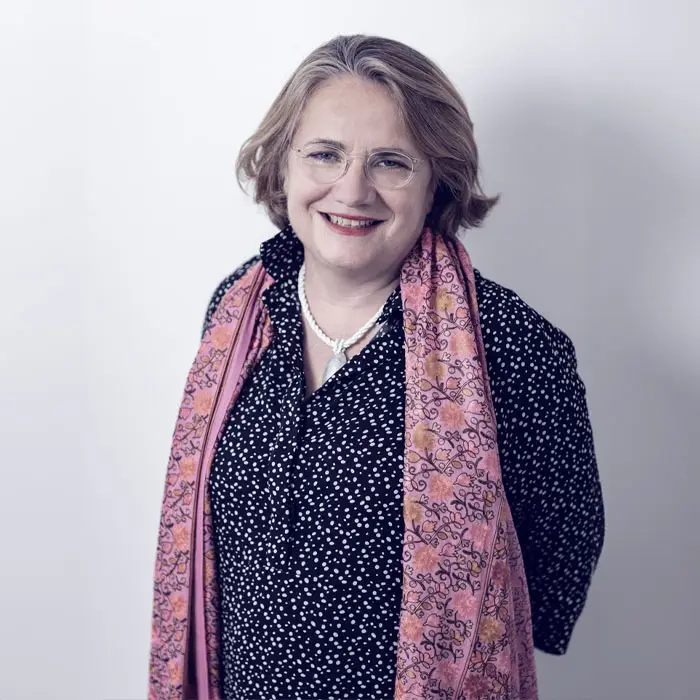
Virginie Babinet
CEO Travel Insurance and Assistance & Group Diversity, Equity and Inclusion Sponsor – Europ Assistance Group
Inclusive leadership is about including and respecting everybody regardless of their backgrounds, origins and personal characteristics. It embodies a way of thinking. Inclusive leaders make sure everyone feels safe and empowered to share their perspectives. As a leader, I value and celebrate differences, they are what makes us stronger. It’s true in sports, it’s true in business, and in all aspects of life. I try to lead by example by promoting diversity among my peers, by listening to different opinions, and by fighting for fairness when I see biased opinions. It is important to stand up and fight for what we believe is right. We don’t always win, but it helps raise awareness, and sometimes to correct the behaviour for greater inclusion. Together, by doing these day-to-day efforts, we can have more positive impact and contribute to a more inclusive community.
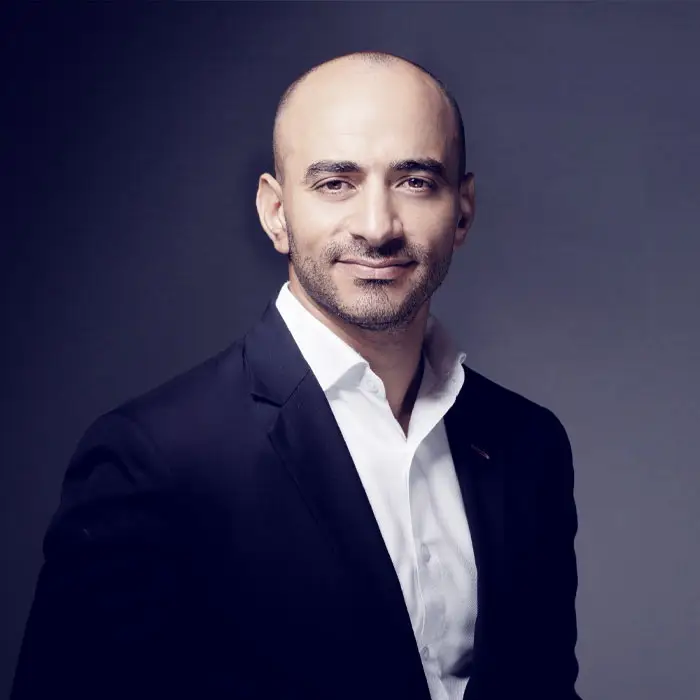
Hassen Bennour
CEO – Europ Assistance Asia, Pacific and Middle East
Inclusive Leadership is rooted in EA’s mission and drives the way we do business as CARE commands valuing every individual. It represents a strategic imperative for APACME, as integration and cultural cohesion are critical in our diverse, fast growing and acquisitions dynamic.
As a leader, I prioritize being available, visible, and approachable, actively engaging with teams across the organization to foster a sense of belonging. I advocate transparent communication and feedback mechanisms, encouraging open dialogues and the sharing of diverse perspectives and opinions. I promote and participate in the various initiatives (e.g. I am a sponsor in the We Empower Program) contributing to the roll-out of DEI values in our organization.
As a leader, I prioritize being available, visible, and approachable, actively engaging with teams across the organization to foster a sense of belonging. I advocate transparent communication and feedback mechanisms, encouraging open dialogues and the sharing of diverse perspectives and opinions. I promote and participate in the various initiatives (e.g. I am a sponsor in the We Empower Program) contributing to the roll-out of DEI values in our organization.
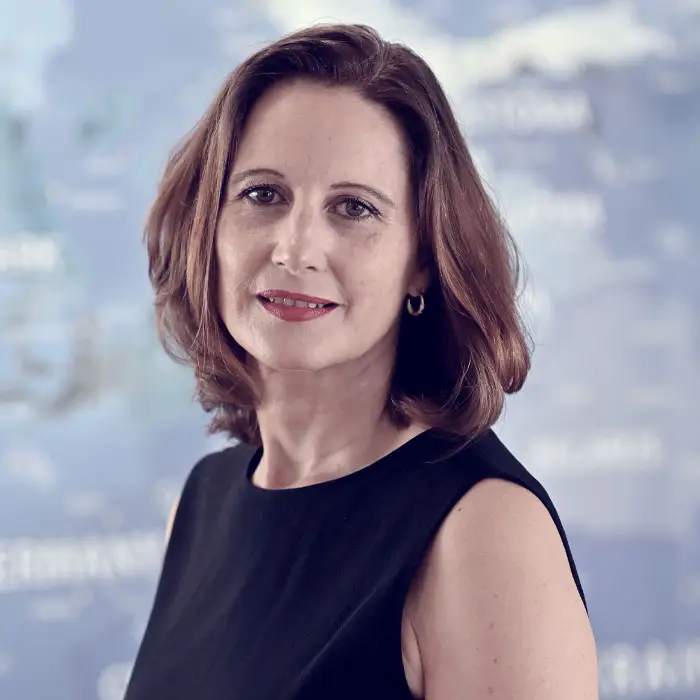
Véronique Destruel
Group Chief HR Officer – Europ Assistance Group
Inclusivity implies to promote a welcoming, respectful and safe environment, where people feel free to express their best selves and unleash their potential. Inclusive leadership means leading with an awareness of implicit bias and an openness to diverse perspectives and making everyone feel welcome, safe and valued. I firmly believe that a more diverse, equitable and inclusive culture allows us to create long-term value for our employees, our customers and our business.
As an inclusive leader, my role is to lead by example every day and to ensure the promises behind our Care values are respected and embodied. I am not afraid to show me as I am and I encourage others to do alike, opening up opportunities for fruitful collaboration and innovation, ensuring everyone’s voice is heard without judgement. I push myself to build up a team with very strong and diverse personalities, to be able to leverage on different perspectives and insights to reach out to our ambitions. Moreover, I try to take decisions being fully aware of potential personal and cultural biases.
The journey towards inclusion is not always an easy one, it requires day-to-day effort and discipline, but it is worth to try!
As an inclusive leader, my role is to lead by example every day and to ensure the promises behind our Care values are respected and embodied. I am not afraid to show me as I am and I encourage others to do alike, opening up opportunities for fruitful collaboration and innovation, ensuring everyone’s voice is heard without judgement. I push myself to build up a team with very strong and diverse personalities, to be able to leverage on different perspectives and insights to reach out to our ambitions. Moreover, I try to take decisions being fully aware of potential personal and cultural biases.
The journey towards inclusion is not always an easy one, it requires day-to-day effort and discipline, but it is worth to try!
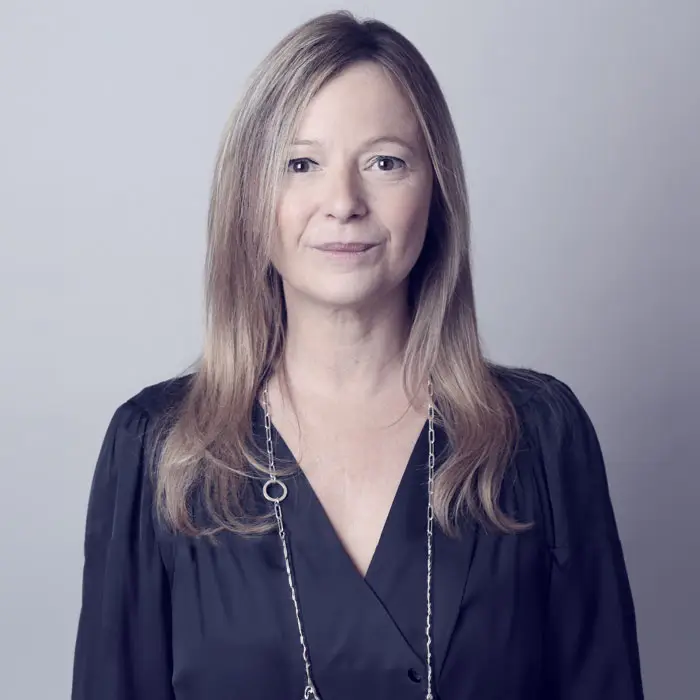
Cécile Kossoff
Group Chief Brand, Marketing, Communication and Sustainability Officer – Europ Assistance Group
Diversity and inclusion are two concepts which complement each other. Diversity management is critical to ensure we have fair and equal representation of different groups at the table. However, diversity is not necessary inclusion yet. Having equal representation of women at the table is one thing, ensuring that their input is equally valued and that they are empowered to lead and contribute is another. While diversity is about numbers, inclusion is about mindsets.
To foster inclusion, the top management must lead by example: clearly state that discrimination is not acceptable and leave no room for ambiguity. It’s also our responsibility to identify common biases affecting judgement on people’s performance, to question our own judgement and stand up when we witness inappropriate behaviours. We have a duty to practice conscious and permanent awareness.
However, biases are “by design” unconscious. Being aware is not enough. It’s essential to put in place a few processes to guarantee fairness and a diversity of perspectives in recruiting, appraisal and promotions. For example having systematically diverse committees to discuss performance reviews, and healthy calibration debates where people can challenge the decisions.
In short, building inclusion requires work, time, and personal commitment from leaders. It’s a full-time responsibility.
To foster inclusion, the top management must lead by example: clearly state that discrimination is not acceptable and leave no room for ambiguity. It’s also our responsibility to identify common biases affecting judgement on people’s performance, to question our own judgement and stand up when we witness inappropriate behaviours. We have a duty to practice conscious and permanent awareness.
However, biases are “by design” unconscious. Being aware is not enough. It’s essential to put in place a few processes to guarantee fairness and a diversity of perspectives in recruiting, appraisal and promotions. For example having systematically diverse committees to discuss performance reviews, and healthy calibration debates where people can challenge the decisions.
In short, building inclusion requires work, time, and personal commitment from leaders. It’s a full-time responsibility.